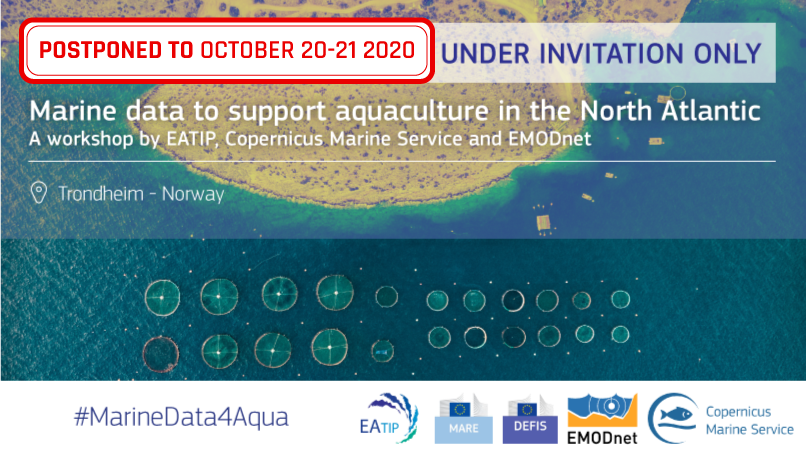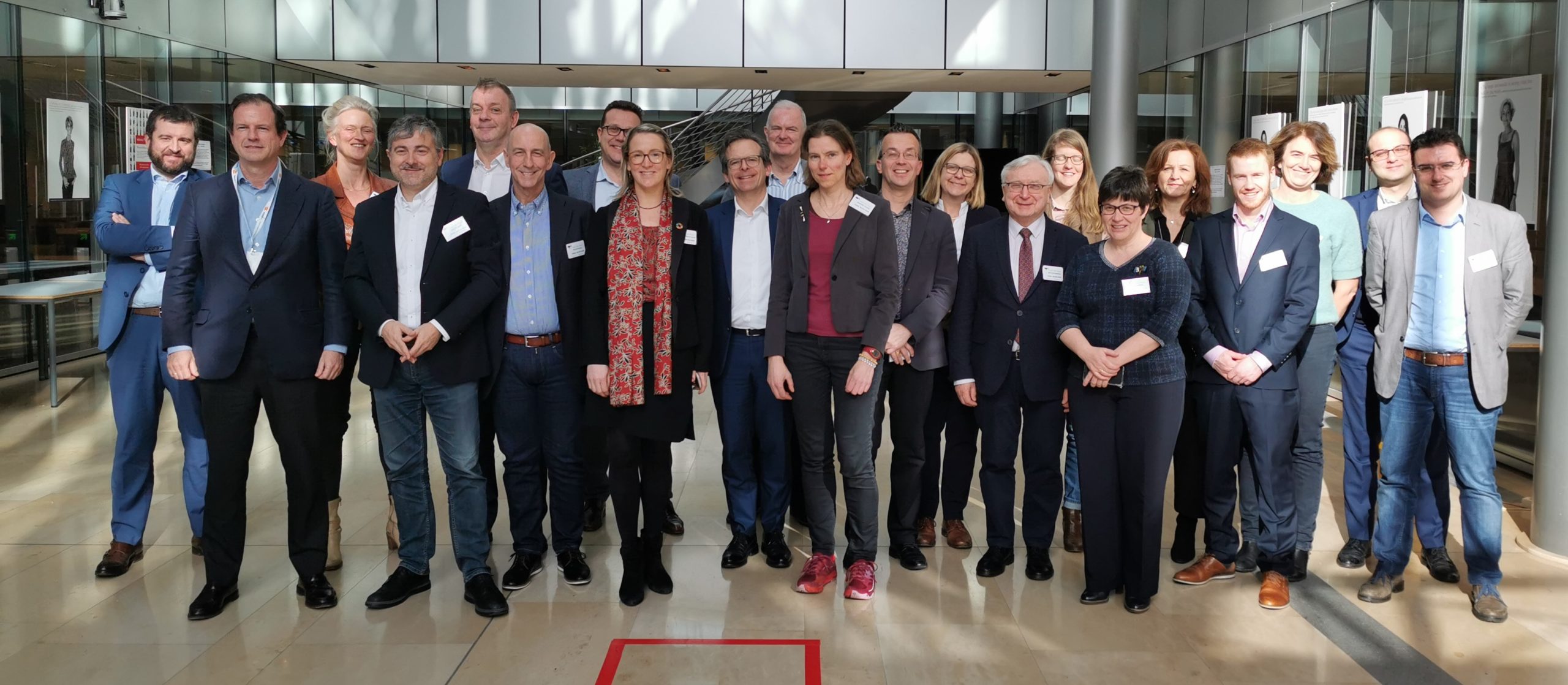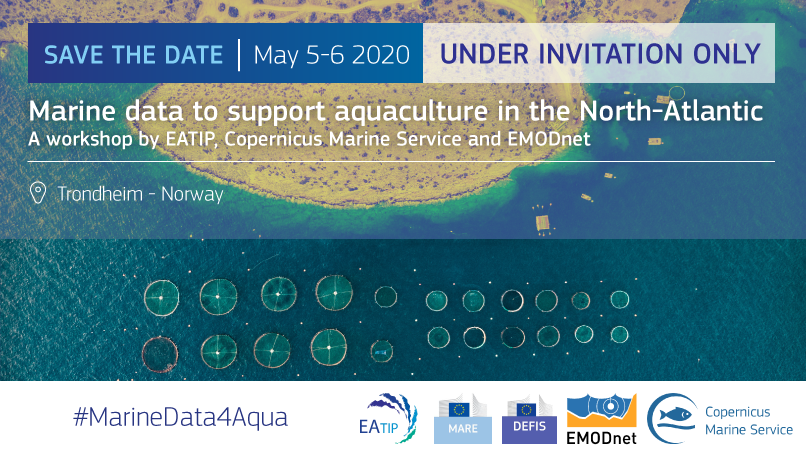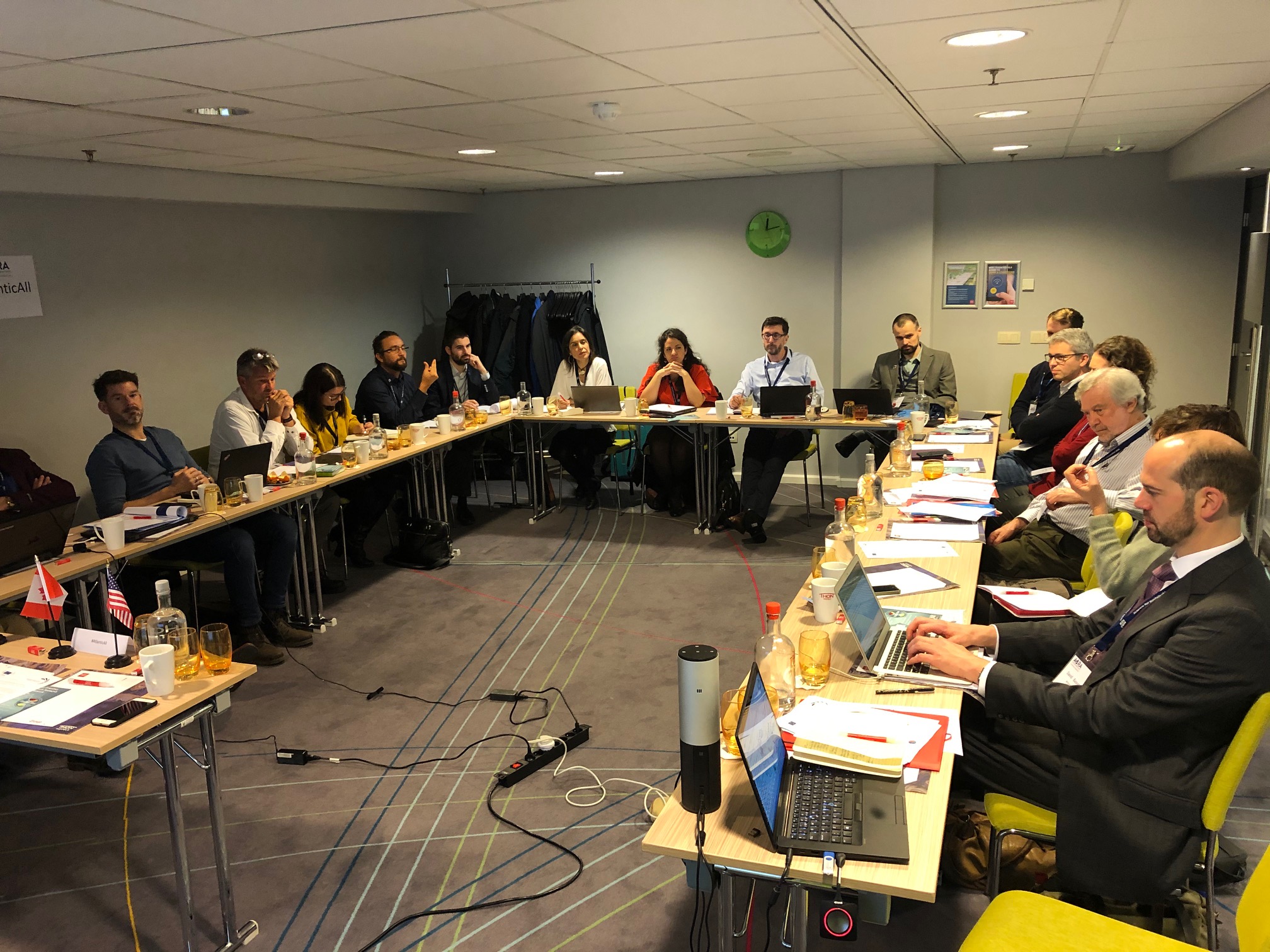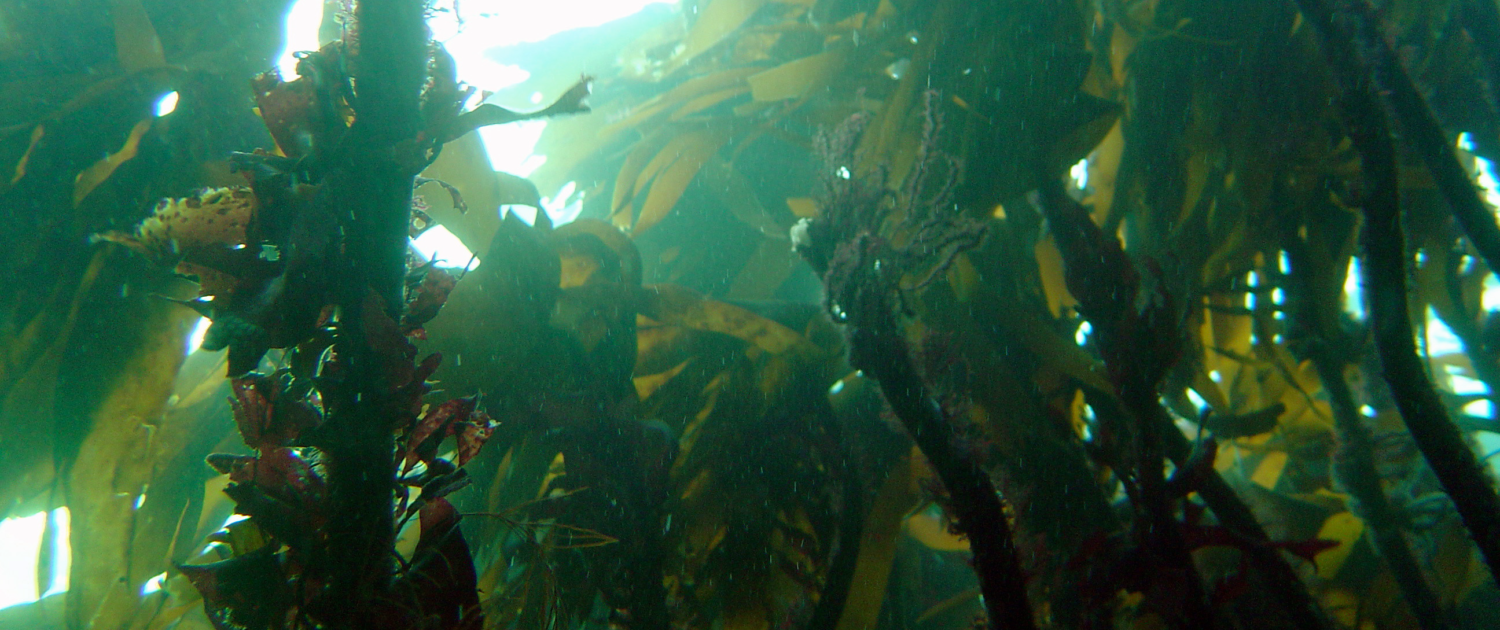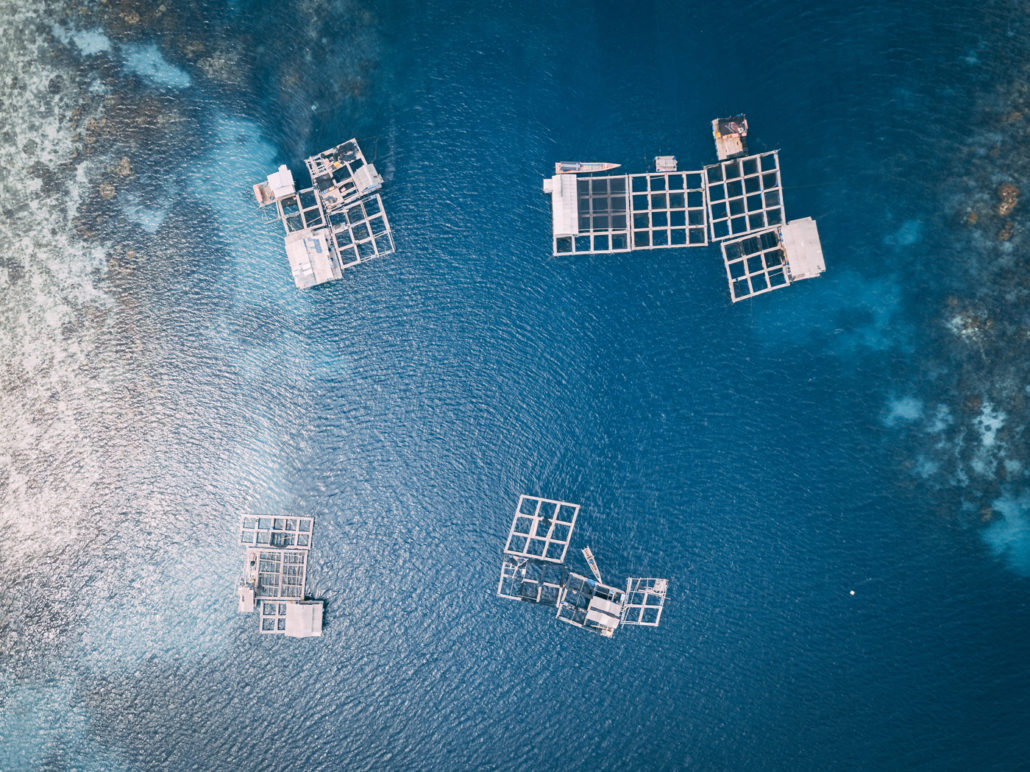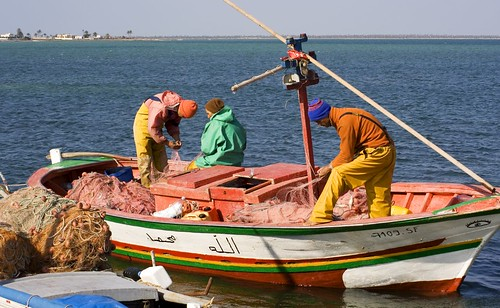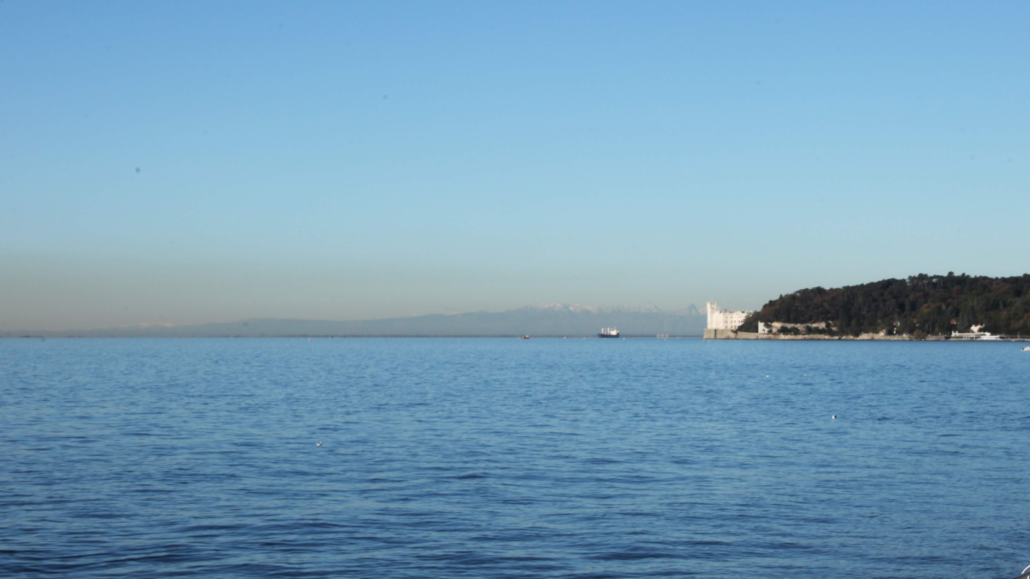EATiP provided its feedback as a reply to the Food 2030 consultation
We have now received the report – see attached. For aquaculture, pathway 3 is key: Food from the Oceans and Freshwater Resources. Innovation in science, engineering, economics and behavioural studies were identified as critical for aquaculture to achieve a higher self-sufficiency rate in Europe. Open science and innovation, multi-actor approach, interdisiciplinarity and interoperability were highlighted as important factors of future actions. This is very much in line with the EATiP recommendations and overall approach to research and innovation in aquaculture.
Summarised, the recommended focus areas for each of the prioritized R&I actions are:
- Boosting innovation: climate adaptation; novel and sustainable feeds
- Improve the quantity and quality of aquatic food: traceability and certification systems; biomass valorization; development of nutrient standards; tailor-made aquatic products
- Strengthening R&I capacity: collaborative partnership models; infrastructure; citizen science
Read the full report here:

